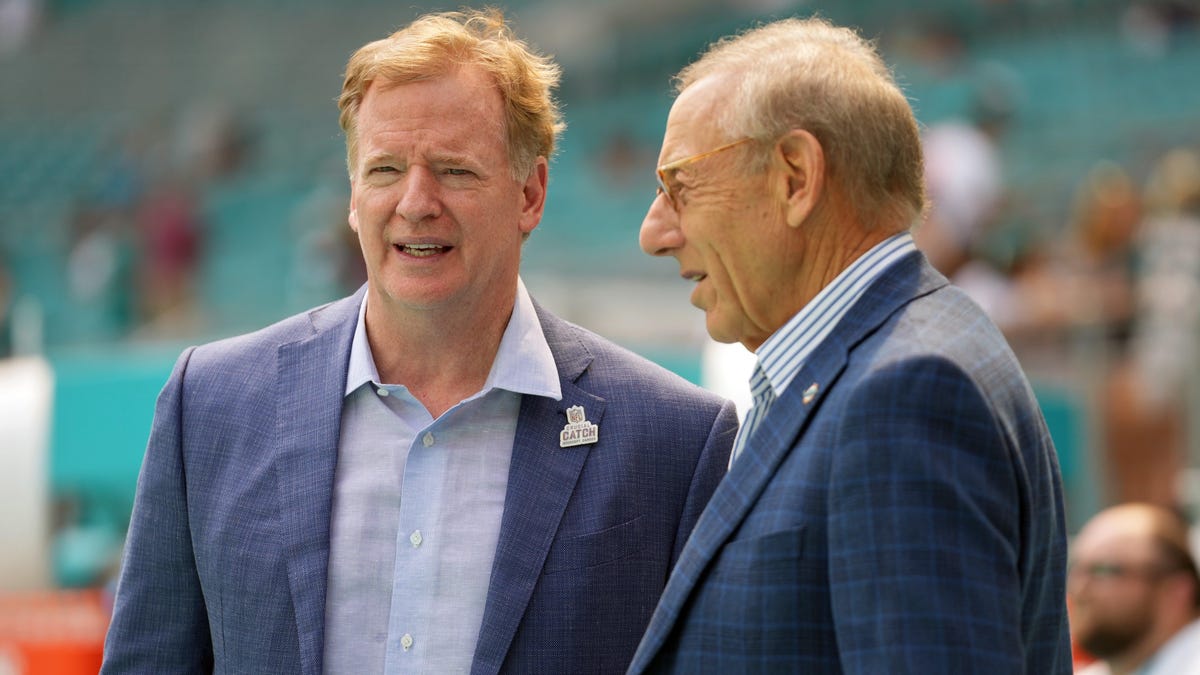Is tanking illegal?

Among the many incriminating allegations in former Dolphins head coach Brian Flores’ lawsuit against the NFL’s obvious and rampant discrimination lies what could perhaps be the most legally damning accusation: Dolphins owner Stephen Ross offered to bribe Flores to “tank” games in the 2019 season in order to obtain a higher draft pick. According to the lawsuit, Ross offered Flores $100,000 per loss.
“Tanking,” or purposely losing games toward the end of a bad season to maintain a top draft spot, is not a particularly common phenomenon in the NFL for several reasons, the primary of which being that it would be incredibly difficult to coordinate and convince an entire NFL roster into a deliberate loss (although, you may not really need the work of an entire roster for a fix). If a coach is behind it, he has the ability to make poor decisions, but those decisions will reflect on his future in the league. If Flores had, in fact, tanked as he had been asked, who’s to say that Ross wouldn’t have fired him the next year, claiming that he couldn’t win games? Who would hire him again after that? This isn’t to say that tanking is completely non-existent (although Goodell claims it is), but it’s rarely been explicitly addressed in the modern-day NFL outside of conspiracy theories. Until now.
Do me a favor and picture this: Some random wealthy guy approaches Flores on the street and offers him $100K to lose his next game. Random Wealthy Guy doesn’t have a vested interest in the Dolphins’ draft position, but given that Flores agrees, this man does now have the knowledge that will allow him to bet against the Dolphins or tell his friends to bet against the Dolphins with relative certainty. In this case, Flores and the random guy, under a federal law known as the Sports Bribery Act, would both be implicated in making money by fixing a professional game.The statute threatens fine or imprisonment for “whoever carries into effect, attempts to carry into effect, or conspires with any other person to carry into effect any scheme in commerce to influence, in any way, by bribery any sporting contest, with knowledge that the purpose of such scheme is to influence by bribery that contest.” The act has been used sparingly since its introduction, and has largely been applied to cases involving either college athletics or horse racing.
Whether the $100K is considered a bribe, rather than a contract bonus in the same way as getting paid to win, is up to the courts to decide, should someone decide to prosecute Ross. The “tanking for a draft spot” incentive may not be considered illegal bribery in the same way that the “random guy” scenario would be, as it all takes place within the organization. But Flores isn’t the only coach who this has happened to — former Browns coach Hue Jackson took to Twitter this morning to state that owner Jimmy Haslam “was happy while we kept losing” and was offering “a good number.” He also retweeted this:
The executive director of the Hue Jackson Foundation, Kimberly Diemert, then tweeted:
“We have records that will help your case. DM me. @NFL and @nflcommish knew about this and covered it up.”
In the era of widely legalized sports betting, the potential of defrauding bettors is the major issue at stake here, although there’s no clear answer on whether the bettors take on the liability of a potential game fix when putting down money on a game. There is no apparent legal recourse for a bettor who loses money on a fixed game — the best case scenario would be the sportsbook refunding them as a customer service outreach effort. When gambling was illegal, there didn’t need to be any protections put in place for bettors, but the law is a few steps behind the times, as usual.
Another interesting wrinkle in this piece is that Ross actually invested $17.5 million into sports betting news site Action Network the same year that he offered Flores the tanking money. It’s important to note that sports betting isn’t actually done through Action News — instead, they focus on insights and analysis into betting. It is, of course, illegal for NFL owners and personnel to place bets on games.
The easy argument to make here is that something like this disturbs the integrity of the sporting contest on the field, but with such a severe lack of integrity in nearly every off-the-field facet of the NFL, it feels like an empty stance to take. All those conspiracists out there who had been insisting that the NFL was fixed might not have been 100 percent right, but if what Diemert said is true and Goodell knew about the payoffs to Jackson, the league might be in over its head on this one. At least people are forgetting about the Washington investigation! (Not us, though).
For all the latest Sports News Click Here

